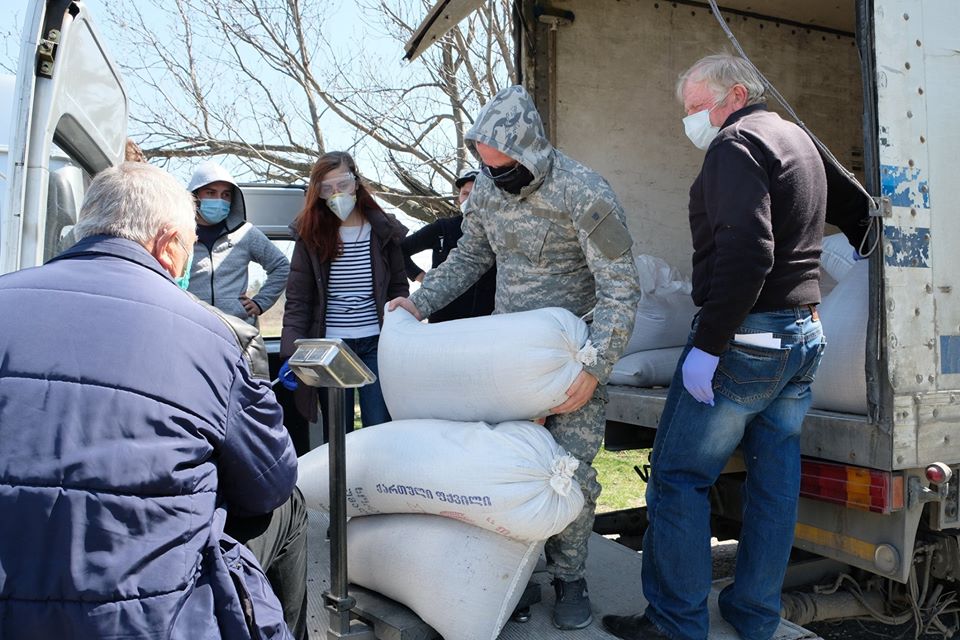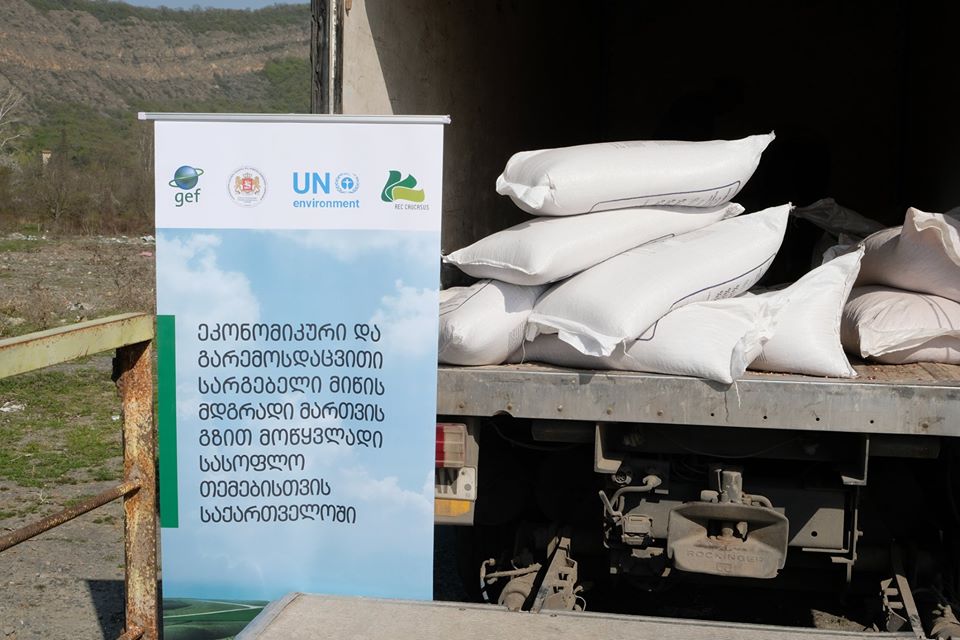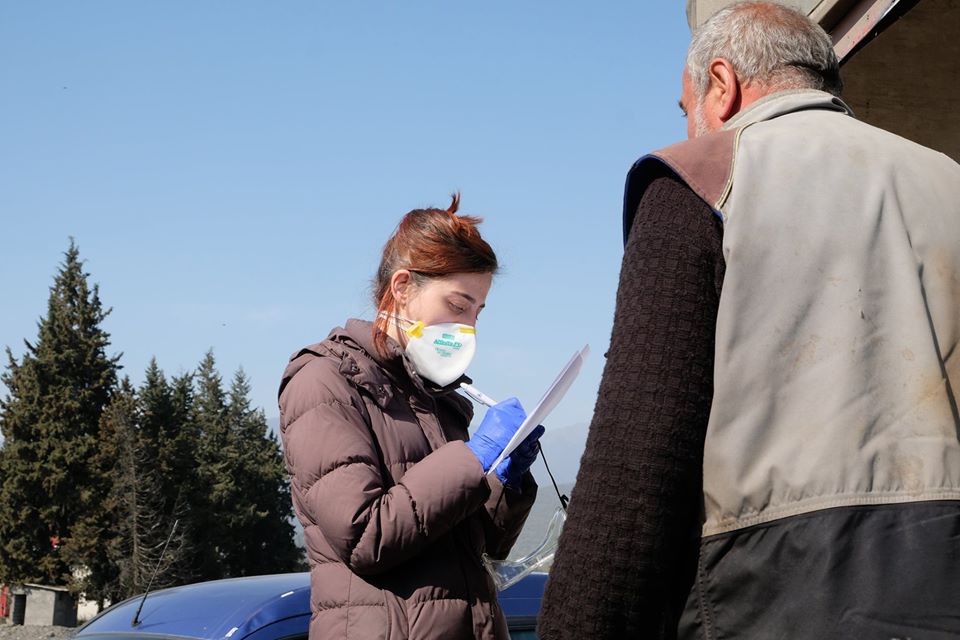News
Implementation of sustainable land management practices to improve soil fertility and promote primary production
Under the auspices of the Ministry of Environmental Protection and Agriculture of Georgia project "Generating economic and environmental benefits from sustainable land management for vulnerable rural communities of Georgia", the REC Caucasus is implementing the practices of crop rotation in Shida Kartli and Kakheti regions. The project is funded by the Global Environment Facility (GEF) through United Nations Environment Program (UN Environment).
This spring, the crop rotation practices will cover up to 1,000 hectares and promote to increase the productivity of the following crops, namely, peas, corn, beans and buckwheat. The beneficiary farmers were selected through participation of municipalities and local stakeholders, this practice will be continued in the future as well. The field projects for the implementation of sustainable land management practices are planned by the end of 2022 and will cover a total of 20,000 ha.
Since 2019, the Sustainable Land Management Field Project was launched as part of the strengthening Sustainable Land Management Practices and Improving Land Ecosystem Services, which aimed at improving soil fertility through rotation of crops in Gori, Kareli, Kvareli and Sagarejo municipalities.
The farmers supported introduction of the crop rotation system, as far as, this practice enables them to improve soil fertility and increase crop productivity. Accordingly, crop rotation activities will include spring crops as well.
The sustainable land management will make a significant contribution to food security and food production at the local level. Research is also planned within the project to improve market access and product branding, namely to create a strong brand around a variety of segmented products grown through sustainable land management.


